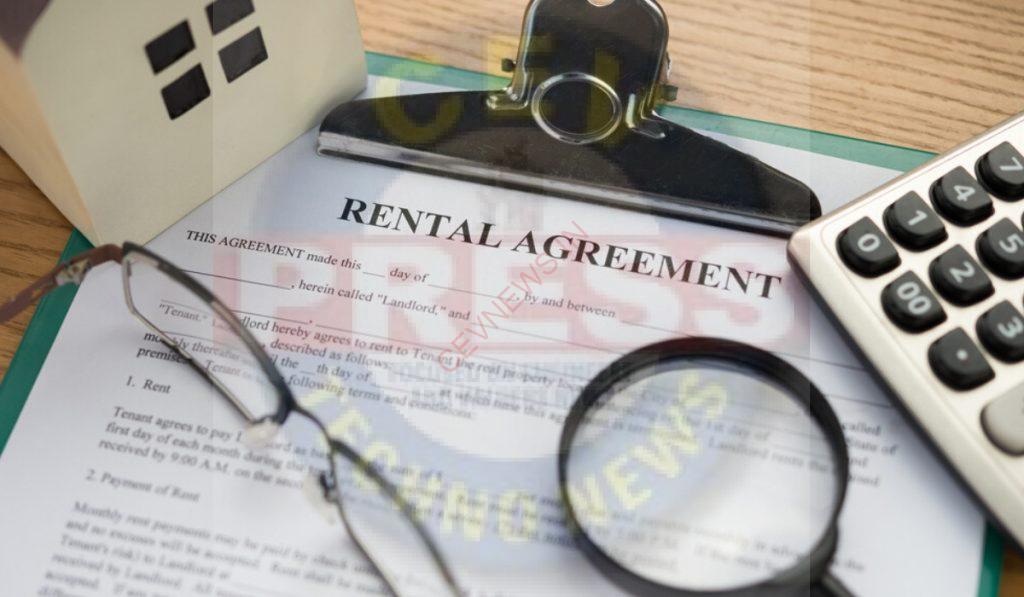DIFFERENCE BETWEEN LEASE AND LICENSE
The term license is defines in sec 52 of the Indian Easement Act, 1882 and it indicates a right to do or to continue to do something in or upon the immovable property of the grantor. Such an act would have been unlawful in the absence id such right or permission granted by the owner of the property. The person who has the title to grant license is known AS LICENSOR and the person to whom a license is granted is known as the liscense.
In order to get relief from the Rent Control Act and to avoid complications in tenancy rights, the properties are sometimes given on lease and license basis. The compensation received by the licensor under such arrangement is usually substantial and in many cases, it includes the hire charges for furniture , fixtures, service charges, special amenities etc.
Following are the pints of discussion between a lease and a license:
- A lease is right in rem i.e available between against the whole world while a license is a right in personam i.e binding only to the parties concerned.
- A lease is transferable right while a license is a non-transferable right.
- A lease is heritable while a license is a not heritable
- A lease is not revocable, but a license I a revocable.
- A lease requires registration as per the Transfer of Proeprty Act while a grant license need not be registered.
- A lessee can maintain a suit for possession , while a license cannot.
- A license comes to an end on the death of the licensee, but such is not the case with a lessee in a lease.
- In a lease , the lessee exclusively possesses the property, but in a license , there us , whether exclusive possession of the property by the licensee.
- In case of trespass, whether the property is leased or increased , a licensee ha no right to take an action against the trespasser whole a lessee can take such action.
- There is a transfer of interest in property in case of a lease while there is no such transfer in case of license.
The fundamental differences between Lease and License are discussed hereunder:
| Basis | Lease | Leave and License |
| Law | Section 105 to 117 of Transfer of Property Act, 1882 | Section 52 to 64 of the Easements Act, 1882 |
| Meaning | A lease is a transfer of an interest in an immovable property for consideration | A License is a right to do something on the owner’s property which, without such right, would be unlawful. |
| Parties | Lessor (Owner) and Lessee (Tenant) | Licensor (Owner) and Licensee (Person to whom right is granted) |
| Example | John grants his house to Lisa for 2 years on lease. Lisa will enjoy exclusive possession of that house in exchange for monthly rent. | Tom grants Jerry a license to occupy and stay in his house for 11 months. |
| Transfer of Right | Yes, it is a transfer of right | No, it is not a transfer of right |
| Possession | Yes, Lessor transfers the exclusive possession of the property | No, Licensee does not enjoy the exclusive possession of the property |
| Enforceable | Yes, both the parties can enforce the Lease Agreement | Yes, Licensee is entitled to recover compensation from the grantor due to illegal eviction from the property |
| Registration | Yes, Lease Agreement of 1 year or more has to be registered (Section 17 of the Registration Act, 1908) | Yes, License Agreement of 1 year or more has to be registered (Section 17 of the Registration Act, 1908) |
| Transfer of right | Lease is transferable and heritable. | License is neither transferable nor heritable. |
| Sale of property | Sale of property does not affect the Lease | Sale of property will result in revocation of Licensee |
| Death of parties | Death of either party does not affect the Lease | Death of either party will terminate the License |
| Revocation at pleasure | Lease cannot be revoked at pleasure. | License can be revoked at pleasure unless it is coupled with a transfer of property and such transfer is in force or the licensee has executed a work of a permanent character and incurred expenses in the execution. |
| Termination notice | Yes, Termination Notice is required to revoke the lease before expiry of the term | No. Termination Notice is generally not required to revoke the License. |

